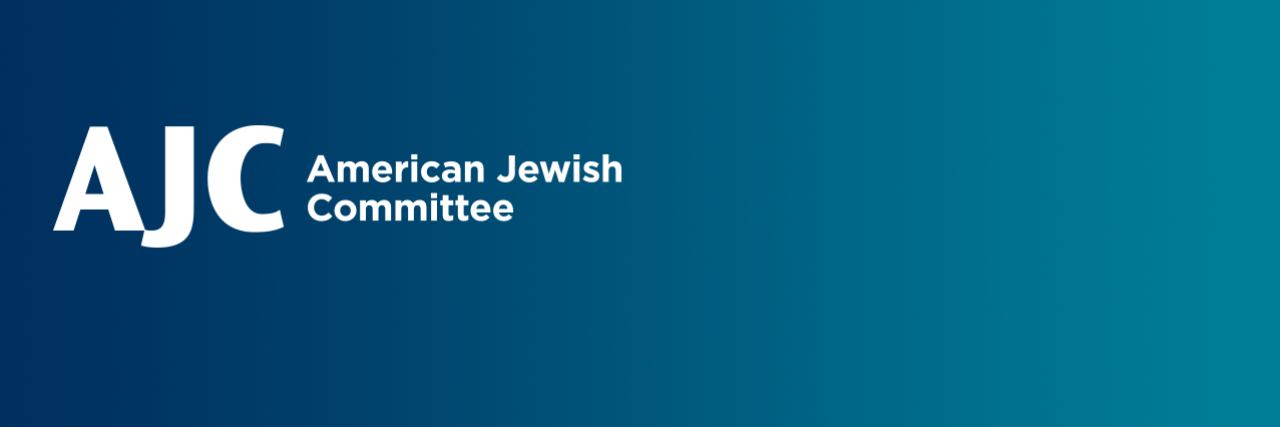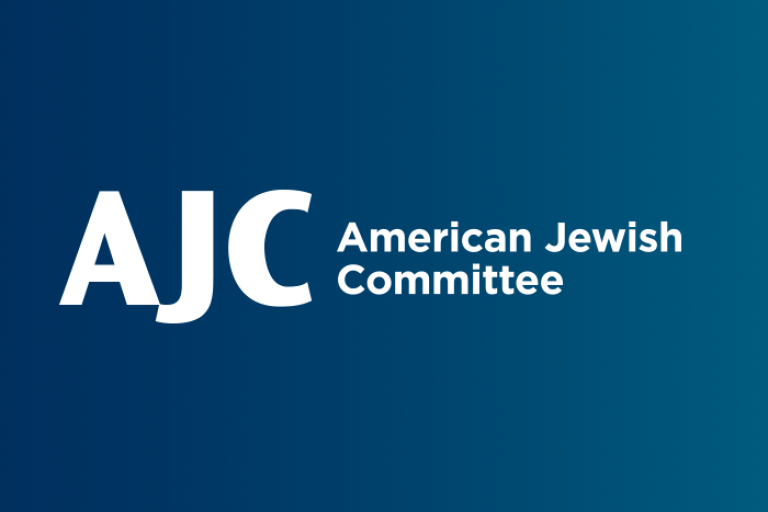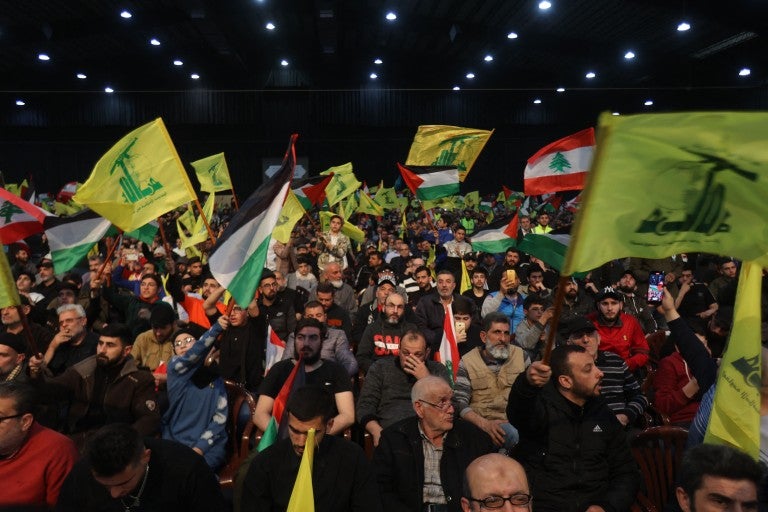August 2, 2024 — Jerusalem
The following column originally appeared in the Jerusalem Post.
Last Saturday, at 18:16, a barrage of 40 rockets was fired from the Lebanese village Shuba by Hezbollah terrorists. The serene atmosphere in the Druze village of Majdal Shams was disrupted at once. Hundreds of children and their parents were playing in a playground at the center of the village, and in a nearby soccer field. It was something that they did every Saturday.
Some of the young kids dreamt of being international soccer stars, and saw this as a practice. The rocket left them no chance: Iranian-made, with a warhead of 53 kilograms, it took a few seconds of flight before hitting the ground, creating a massive explosion, killing 12 kids, the youngest was 10, and the oldest 16, and wounding 39 others, many severely.
Iranian-backed Hezbollah, the main terror group in the area, which hijacked Lebanon back in the 1980s, denied connection to the tragedy, fearing a fierce Israeli response. Hezbollah dispatched figures like Lebanese Foreign Minister Abdallah Bou Habib and leader of the Druze community in Lebanon Walid Junblatt to publicly deny any connection to the attack.
I was privileged to visit the picturesque village of Majdal Shams. I met dozens of residents, from the mayor to the sheikh to ordinary people and family members of the victims. The messages I heard from all of them were that we are all human beings, regardless of our religion and our political beliefs, and that their tragedy is our tragedy, and vice versa. I felt embraced, especially in such a difficult time of mourning, when the village is covered with black flags and the people are dressed in black clothes to express their deep agony.
But I wasn’t the only one visiting Majdal Shams. The mayor told me that from the first moment when the tragic attack took place, his Jewish counterparts from the Golan region came to extend their solidarity and support. They were the first ones to arrive, early in the morning, and the last ones to leave, late at night. I met Israelis from all sectors: politicians, journalists, businesspeople, religious and secular. Some drove hours to express their sympathies; others were neighbors from Jewish communities in the Golan and the Galilee.
The story of the Druze communities in Israel is both unique and special: the Druze in the Galilee tied their fates with the State of Israel. They have successfully integrated into all walks of life, including the army and other security apparatus. Druze cemeteries are filled with heroes who fought to protect Israel. The Druze in the Golan were part of Syria until 1967, and since becoming part of Israel, the residents of the Druze villages gradually became Israeli, and the young generations today are completely integrated in Israeli society.
The Druze community is an essential part of the Israeli social fabric. It is well-respected, admired for its loyalty and courage. Similarly to the Jewish communities in the US that make approximately 2% of the population, the Druze are approximately 1.6% of Israeli society. Just like the Jewish communities in the US, which are well integrated in multiple walks of life, the Druze, too, are in such a position.
Although we do not share the same religion, this commonality is a clear indication of the human values that we share, demonstrated in such a significant way during my visit in Majdal Shams. I know that Jews all over the world are standing alongside the Druze community in their most difficult hour, and I am proud to be a part of this communal effort.



